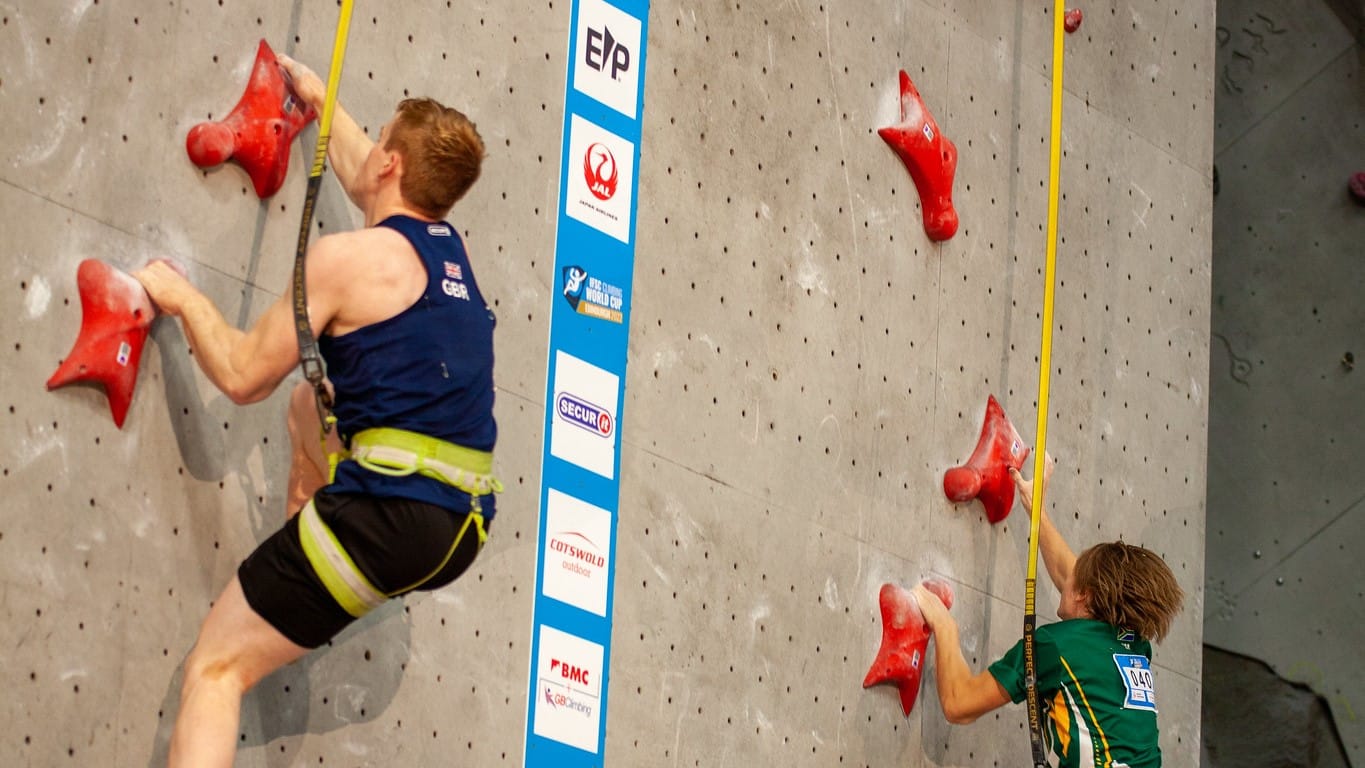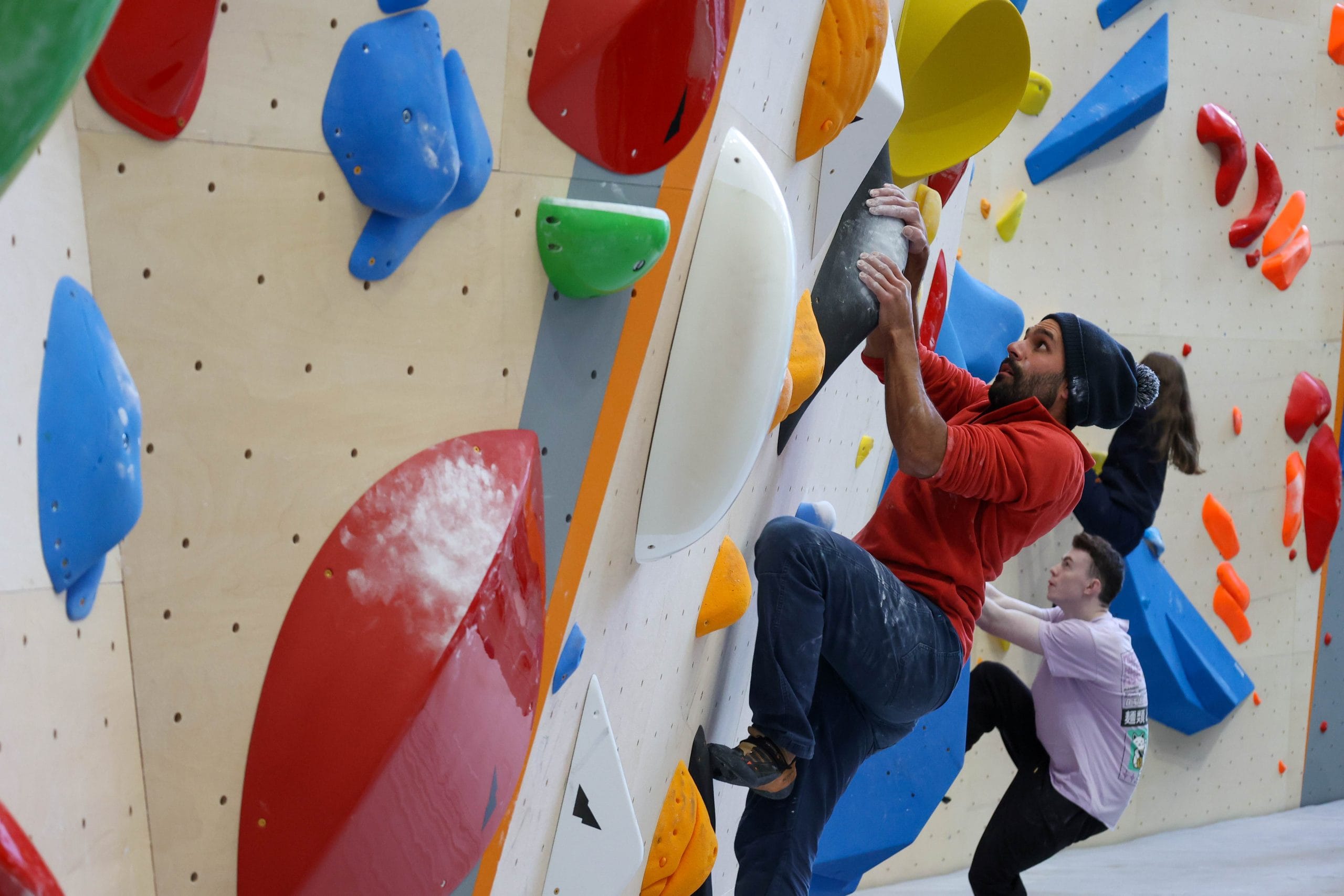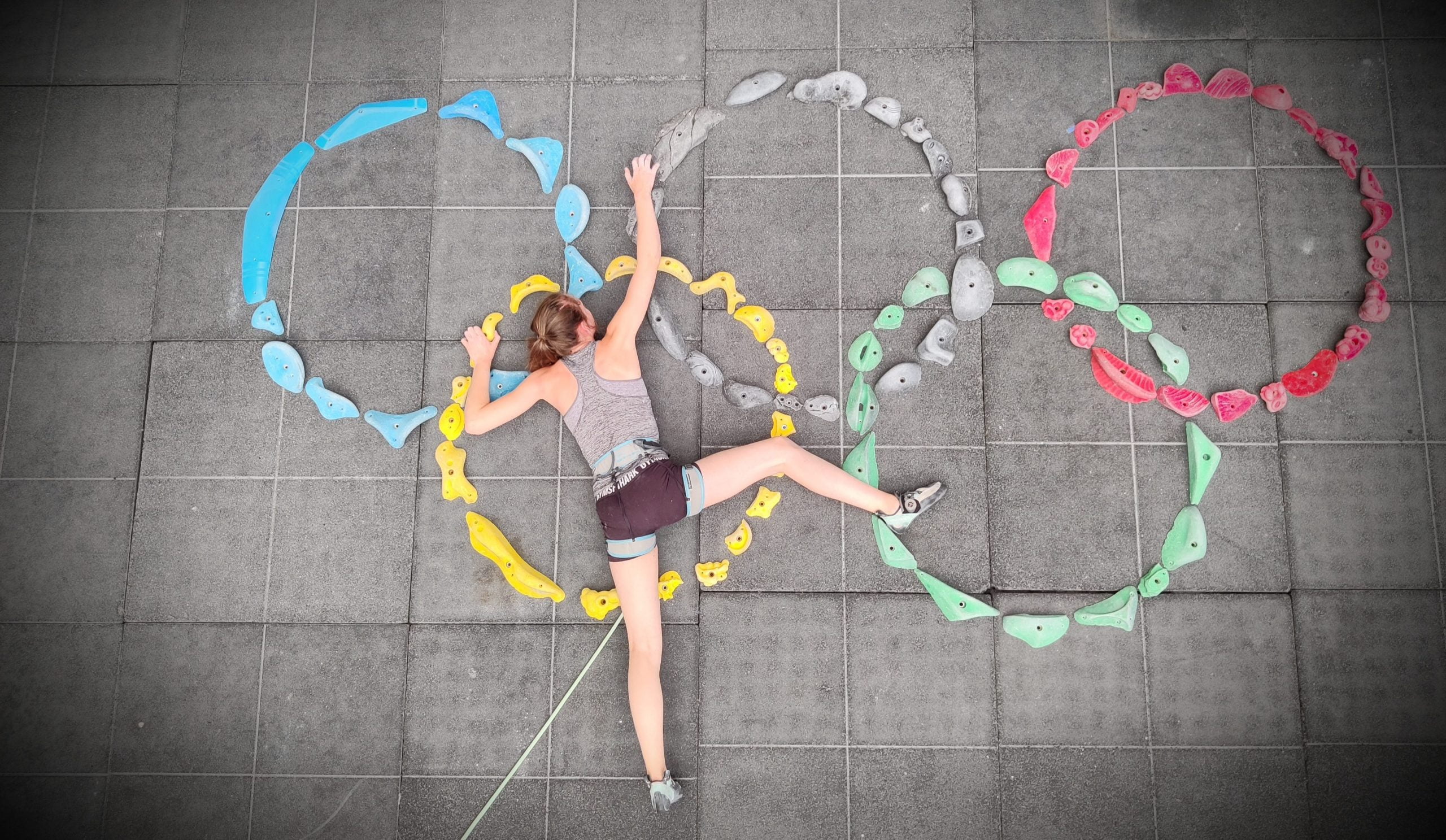
Scotland’s Speed Climbing gets a boost with major upgrade at EICA: Ratho
ClimbScotland purchase new holds for EICA’s speed wall to support Scottish athletes with a need for speed!

Vacancy: Membership & Club Development Officer
Join the Mountaineering Scotland team in an exciting new role as Membership & Club Development Officer.

Vacancy: Head Setter (Part-Time)
We are recruiting a Head Setter to lead on the organisation of route setting for our competitions and performance pathway.

Kevin Howett wins top mountain award
Kevin Howett, the legend of Climbing development in Scotland, wins top mountain award

New World-Class Bouldering Facilities at Edinburgh Climbing Arena
The wait is finally over as the new bouldering facilities at EICA are open! Find out more about this £100,000 redevelopment and how you can get involved here.

Paris 2024 – Climbing in the Olympics
Read our quick guide to sport climbing in the Paris 2024 Olympics and the GB climbers!

ClimbScotland announce NICAS as sponsors of the 2024 Fun Boulder Competition
National Indoor Climbing Award Scheme (NICAS) come on board to support this 2024 grassroots, entry-level bouldering competition in Scotland.

Bouldering upgrade to start at EICA: Ratho after sportscotland investment
Works on the upgrade of the bouldering facilities at Edinburgh Leisure’s flagship climbing arena at Ratho will begin on Monday, 3rd June 2024.









